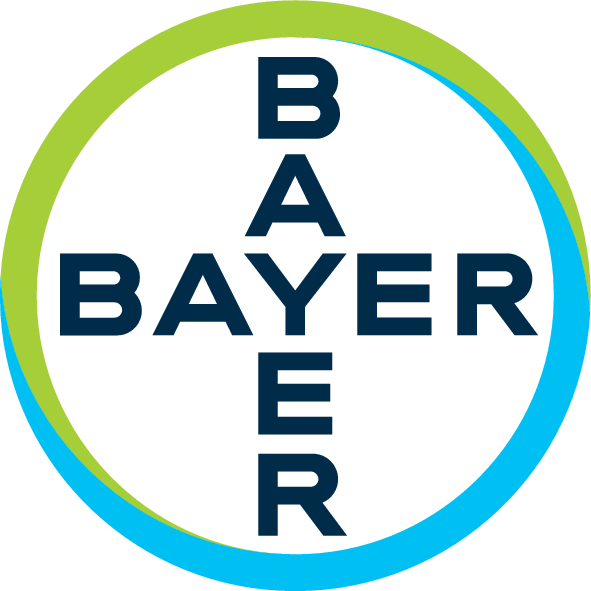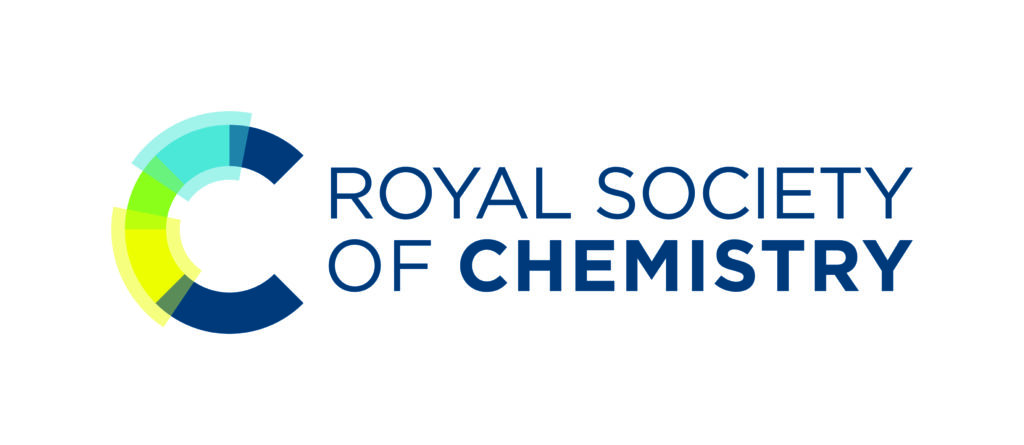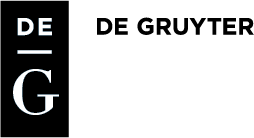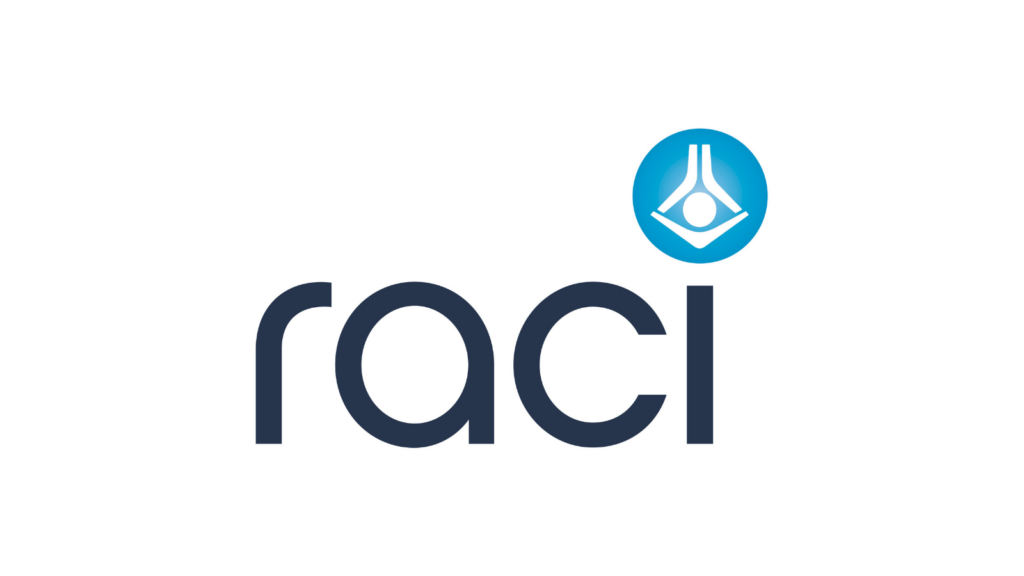



With a theme of “Catalyzing Diversity in Science”, the Global Breakfast is designed to support the United Nations Day of Women and Girls in Science. We invite people of all genders from all science disciplines and across science organizations from academia to industry to government to participate building a network in support of closing the Gender Gap in Science. For those who have organized GWB events in the past we ask that you reach out to others in your organization to expand this amazing network.
Breakfast events will start early morning in New Zealand and Australia and then progress with time zones around the globe. Each event is independently organized and is represented by a heart on our Global Map. As the first breakfast begin on February 27, 2024, the map pins of active events will change colour, and you can see a wave of colored hearts moving around the globe.
Getting started as a Global Breakfast organizer is simple. If you have any problems, contact us at [email protected].
STEP 1 – Open the Organizer Registration Form. Fill out the form to create your account and click submit.
STEP 2 – Login to your GWB Account with your email address and password. If you organized a breakfast previously your email and password is still valid. If you have forgotten your password, you can reset it.
STEP 3 – Add a New Event to your account “My Events” page.
STEP 4 – Go the GWB Global Map to check that your event location and details are correct. You can always update your page with new information by logging back into your account.
STEP 5 – Check out the “Resources” for ready to use marketing materials and connect with other organizers using the “Directory” pages.
STEP 6 – Begin planning your event for 27 Feb 2024!
Global Breakfast events are designed to be a catalyst for change towards greater diversity in science. Event organizers and participants can strengthen their activities by connecting with other events around the world and across sectors. Once you are registered and logged in to your account, you will be able to view several new menu items including a directory of organizers. You can see where they are located and when their event is scheduled.
Possible connections that you can seek out are:
IDEA 1 – Group(s) to connect with virtually during your breakfast event to say hello and introduce yourselves.
IDEA 2 – Send a questionnaire to several groups to gather information and present results at your event.
IDEA 3 – Partner with another group to plan a breakfast program either in person or virtually or a combination.
IDEA 4 – Reach out to an organization in your city or region to see if they would like to jointly organize a breakfast.
IDEA 5 – For companies or large organizations, organize multiple connected breakfast events at locations around the country or around the world.
IDEA 6 – Tap into the Global Breakfast Task Group who are helping to coordinate events in their country/region. See the list on the “About the Breakfast” page.
Reaching out to those connections can begin well before February 2022. Connections may ultimately lead to longer term relationships, to research collaborations or mentoring.
All of the GWB Organizing Team members are happy to connect with you. Please feel free to reach out to members in your country or region.
Global Breakfast Founder: Emeritus Professor Mary Garson, University of Queensland, Australia. LinkedIn – Twitter
Co-Chair: Dr. Laura McConnell, Bayer Crop Science, USA. LinkedIn – Twitter
Coordinator: Dr. Fatima Mustafa, IUPAC Global Breakfast Coordinator, San Antonio, USA. LinkedIn – Twitter
Ex-Offico Chair: Dr. Lynn Soby, IUPAC, USA. LinkedIn
Event Contact Info: [email protected]
We thank the members of the IUPAC Global Breakfast Project Task Group. If you are looking for a connection in your region, please reach out to these representatives:
ASIA
Dr. Fun Man Fung, National University of Singapore, Singapore. LinkedIn
Dr. Hooi Ling Lee, Universiti Sains Malaysia, Pulau Pinang, Malaysia. LinkedIn
Dr. Shu-Mei Chang, National Taipei University, China Taipei. LinkedIn
Prof. Mei-Hung Chiu, National Taiwan Normal University, China Taipei. LinkedIn
Dr. Bipul Behari Saha, FABS, Hyderabad, India. LinkedIn
Dr. Hina Siddiqui, Associate Professor, University of Karachi, Karachi, Pakistan. LinkedIn
Dr. Singto Sakulkhaemaruethai, Polymer Society of Thailand, Thailand. LinkedIn
Prof. Dr. Supawan Tantayanon, Chulalongkorn University, Thailand. LinkedIn
Prof. Mohammed Shoeb, University Dhaka, Bangladesh
AFRICA and MIDDLE EAST
Dr. Ayat Bouzieh, Jordan University of Science and Technology, Irbid, Jordan. LinkedIn – Twitter
Prof. Dr. Ghada Bassioni, Faculty of Engineering, Ain Shams University, Cairo, Egypt. LinkedIn – Twitter
Dr. Cynthia Ibeto, University of Nigeria Nsukka, Enugu, Nigeria. LinkedIn
Dr. Sadhna Mathura, University of the Witwatersrand, Johannesburg, South Africa. LinkedIn
CENTRAL and SOUTH AMERICA
Prof. Karla Susana Bernal, Facultad de Ciencias Químicas, Universidad Autónoma de Chihuahua, Mexico. Twitter
Prof. Vanderlan Bolzani, IQ-UNESP, Sao Paulo, Brazil. LinkedIn
Prof. Carla E. Giacomelli, Universidad Nacional de Córdoba – CONICET, Córdoba, Argentina. LinkedIn
Dr. Marilia Valli, Institute of Physics, University of São Paulo (USP), São Carlos, SP, Brazil. LinkedIn
EUROPE
Prof. Cristina Delerue-Matos, REQUIMTE/LAQV, Instituto Superior de Engenharia do Porto, Portugal
Dr. Sandra Gonzalez Gallardo, Wiley-VCH, Weinheim, Germany. LinkedIn
Prof. Hemda Garelick, Middlesex University, United Kingdom. LinkedIn
Dr. Rachel Hevey, Universität Basel, Basel, Switzerland. LinkedIn
Prof. Ekaterina Lokteva, National Committee of Russian Chemists, Moscow, Russia. LinkedIn
Prof. Javier Garcia Martinez, University of Alicante, Alicante, Spain. LinkedIn
Prof. Lars R. Öhrström, Chalmers University of Technology, Göteborg, Sweden. LinkedIn
Prof. Dr. Fani Sakellariadou, University of Piraeus, Greece. LinkedIn
Dr. Gabriela Tormet-Gonzalez, CIC biomaGUNE, Spain. LinkedIn
Dr. Tatiana Usova, Dow Europe GmbH, Moscow
NORTH AMERICA
Dr. Akiko Nakamura, Gulf Coast State College, Panama City, FL, USA. LinkedIn
Dr. Lori Ferrins, Northeastern University, Boston University, MA, USA. LinkedIn
Dr. Danniebelle Haase, Dow Chemical Company, Collegeville, PA, USA. LinkedIn
Prof. Francesca Kerton, Memorial University of Newfoundland, Canada. LinkedIn
Dr. Mary Margaret Small, Clarkson University, Potsdam, NY, USA. LinkedIn
Dr. Stephanie Sonkin, American Chemical Society, Washington, DC, USA. LinkedIn
Dr. Liana Vaccari, National Academy of Sciences, Washington, DC, USA. LinkedIn
Promoting your Breakfast event early and often is extremely important to get good participation.
The GWB Logo and pre-made social media images and other marketing materials are freely available on the “Resources” page.
Once you create your organizer account and log in, you can “Add New Event”. You will be prompted to fill out a form with information about your Breakfast. You can add details about your program, provide a link to register or to a separate webpage, and add your social media handle(s). You can add a “Featured Image” with a 16:9 aspect ratio to highlight your location or institution. Most important is to fill out a physical address or provide latitude/longitude location so that your event will show on the Global Map. Check out some of the other events on the map for ideas.
Once your event is created, you can go to the Global Map and open your mini “Event Page” which has a unique URL that you can share with invitees. Be sure to use the hashtag #GWB2023 on social media to be part of the global conversation.
The IUPAC Global Women’s Breakfast is held only a few days after the United Nations Day of Women and Girls in Science. Goal 5 of the United Nations Sustainable Development Goals is: Achieve gender equality and empower all women and girls. As quoted in the recent Gender Gap in Science study, and stated by the UN, “Gender Equality is not only a fundamental human right, but a necessary foundation for a peaceful, prosperous and sustainable world.”
The needs and interests of each community vary by region; therefore, each breakfast event is locally organized. However here are some ideas and suggestions organizers can use in their planning. Each year, we also provide an uplifting “Welcome Video” and “Organizer Slide Deck” with information about activities happening in IUPAC about two weeks ahead of the Breakfast Day. You are welcome to edit the slide deck to meet your needs. The Welcome Video is a nice way to kick off your event.
Simple Coffee Get Together For Conversation
Invite Women Leaders from different career paths to provide a lecture
Hold a Panel Discussion of Women and Men Leaders to Discuss Gender Bias and Ways to Overcome Barriers in the Workplace
Hold a “Careers in Science” Panel for Young Women
Offer Leadership or Career Training Courses for young scientists
Organize poster session or symposium
Organize a Panel Discussion on “How to Be an Ally for Women in the Workplace”
Recognize and Celebrate Accomplishments of Women Scientists in Your Organization
The IUPAC Periodic Table Challenge. Hold a competition at your Breakfast to see who gets the best score.
Make chemistry-themed baked goodies and share with the group.
Create crafts using printouts of the Global Breakfast Logo.
Have a drawing for Global Breakfast swag.
A quick guide to inclusive in-person events
Kamerlin and Wittung-Stafshede, 2020 “Female Faculty: Why So Few and Why Care?”
A Univ of Queensland, Women in Science Podcast Interview with Prof. Mary Garson about her journey to becoming a Professor of Organic Chemistry.
From LeanIn.org – 50 Ways to Fight Bias. A training activity that helps people recognize and combat the biases women face at work.
International Science Council – Women in Science Podcast
Somerville et. al. 2021 “Learn when- and how- to say no in your personal life“.
Roy et al. 2020 “A Global Approach to the Gender Gap in Mathematical, Computing, and Natural Sciences: How to Measure it, How to Reduce it?”
Rogers, B. K. Y Magazine, Spring 2020 “When Women Don’t Speak”
Norzom, T. 2020, “HerStory, From COVID-19 vaccine architects to Nobel laureates in science, meet 7 women in STEM who made history”
Muir, R. 2020, Chemistry World, How to be a good ally.
Shared with permission from Chalmers University, Sweden. A conversation with Nobel Laureate, Prof Frances Arnold. The original story posted at this LINK. This video was made by Johan Bodell.
Short videos, webinars, and panel discussions can be effective in sparking discussions. In collaboration with the ChemVoices webinar series, several interviews were recorded to discuss the topic of Empowering Diversity in Science. Short excerpts from these interviews have been combined, centering on a single question.
Organizing and leading a Global Breakfast event is a wonderful professional development opportunity to hone leadership, organizational and communication skills.
Take the opportunity to reach out to leaders and administrators in your organization and invite them to attend or to speak at the Breakfast and to participate in activities. Organizing a Global Breakfast is an excellent way to expand your network of colleagues and contacts.
Global Breakfast events can also be used for short courses and various types of professional development training.




